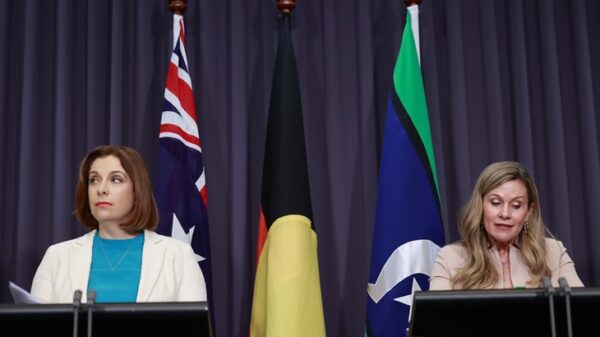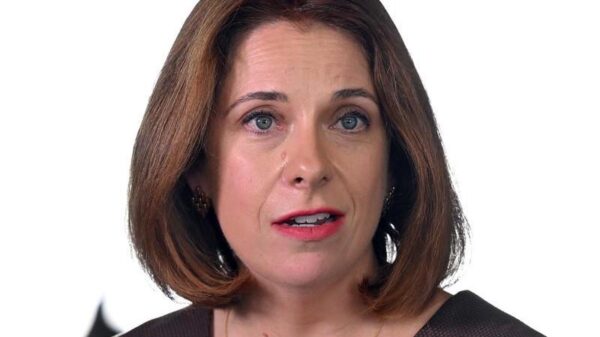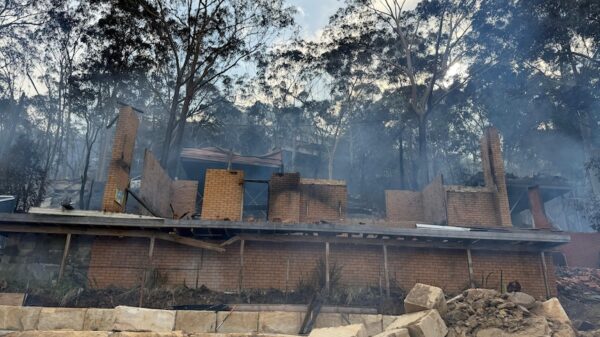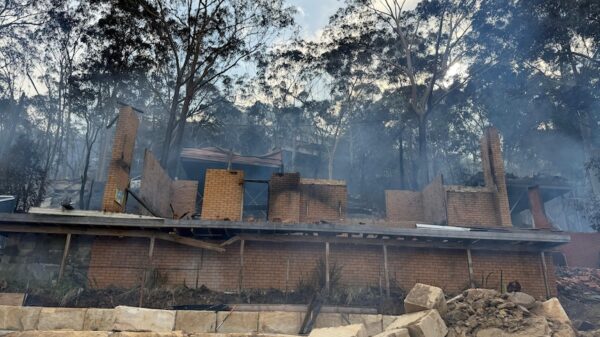The Australian Electoral Commission (AEC) has highlighted a significant increase in voter intimidation and aggressive campaigning during the 2025 federal election. In a session with the Joint Standing Committee on Electoral Matters, AEC Commissioner Jeff Pope revealed the commission received a total of 2,200 complaints, with approximately 550 specifically related to harassment or intimidation. Most of these complaints originated from pre-polling centres in major cities such as Sydney and Melbourne.
During his testimony, Commissioner Pope expressed concern over the visible tactics employed by campaign workers, particularly in closely contested electorates. He stated, “I’ve never seen more corflutes out the front of some pre-poll voting centres.” These signs, along with the presence of numerous volunteers, created an environment that some voters found intimidating. Pope emphasized that the overwhelming number of political signs and the crowded entrances made it difficult for voters to navigate the polling process.
Strongly contested electorates often see heightened campaign activities, which can contribute to voter intimidation. Pope noted that many individuals reported feeling uncomfortable due to aggressive campaigning tactics. The AEC is particularly concerned with ensuring that all voters can cast their ballots without fear of harassment or intimidation, underscoring the importance of a fair electoral process.
The rise in complaints underscores growing concerns about the integrity of the electoral process in Australia. The AEC is working to address these issues and maintain a secure and respectful voting environment. As the election season progresses, the commission is expected to implement measures aimed at mitigating voter intimidation and ensuring that all voices are heard.
Pope’s comments reflect broader issues within the electoral landscape, highlighting the necessity for ongoing monitoring and enforcement of regulations regarding campaign conduct. As the AEC moves forward, it remains committed to protecting the rights of voters and upholding democratic principles.
The increased number of complaints has prompted discussions within the Joint Standing Committee on Electoral Matters regarding potential reforms to prevent intimidation and ensure a more transparent voting process. These conversations will likely shape the future of electoral regulations in Australia, as stakeholders seek to balance the fervor of campaigning with the fundamental rights of voters.
In conclusion, the AEC’s report serves as a critical reminder of the challenges faced in maintaining a fair electoral process. With 550 complaints related to voter intimidation alone, the need for vigilance and reform is clear as Australia navigates its electoral future.






























































